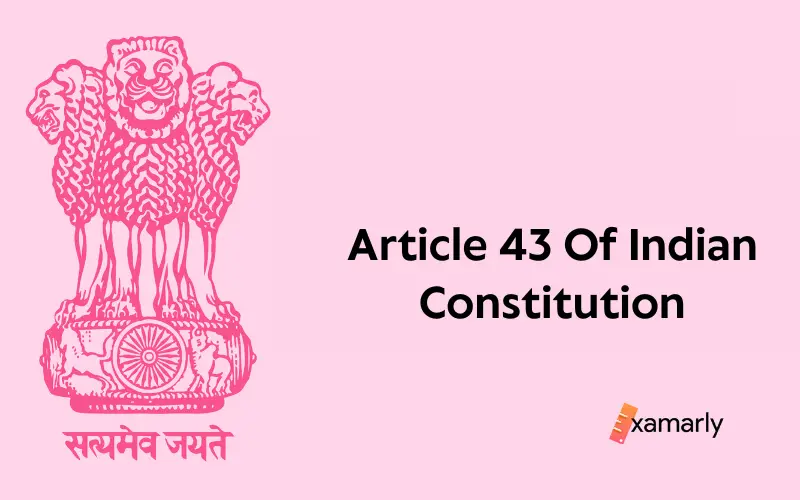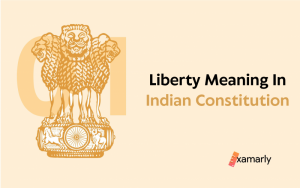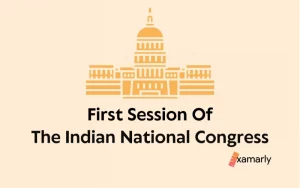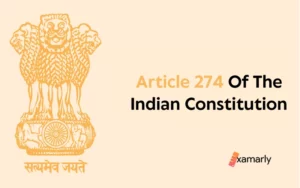Article 43 of Indian Constitution is a DPSP, which means that it is not legally enforceable. It states that the State shall try to give the people of India work (employment) from which they can earn wages, as well as the state shall also try to give its citizens a basic human life, which includes not only just taking breaths, but other leisure pursuits as well as social and cultural upliftment. The purpose of article 43 is to place the state under a non-enforceable obligation to work for the people’s interests, which may include not only economic but also social ones.
You Might Also Like – The Article 40 Of Indian Constitution
Article 43 Of Indian Constitution: Living Wage For Workers
The State shall endeavor to secure, by suitable legislation or economic organisation or in any other way, to all workers, agricultural, industrial or otherwise, work, a living wage, conditions of work ensuring a decent standard of life and full enjoyment of leisure and social and cultural opportunities and, in particular, the State shall endeavor to the promotion of cottage industries on an individual or co-operative basis in rural areas.
Article 43A: Participation Of Workers In Management Of Industries
The State shall take steps, by suitable legislation or in any other way, to secure the participation of workers in the management of undertakings, establishments, or other organizations engaged in any industry.
Related – A Guide to Minimum Wage in India in 2022
Article 43B: Promotion Of Co-Operative Societies
The State shall endeavor to promote voluntary formation, autonomous functioning, democratic control, and professional management of cooperative societies.
Summing Up
Article 43 of the Indian Constitution was added to raise the standard of living of people who fall “below the poverty line.” This article talks about the living wage for workers mean, to raise their level of living, who are permanent employees should receive earnings that go above minimum wage and not just the minimum wage.






